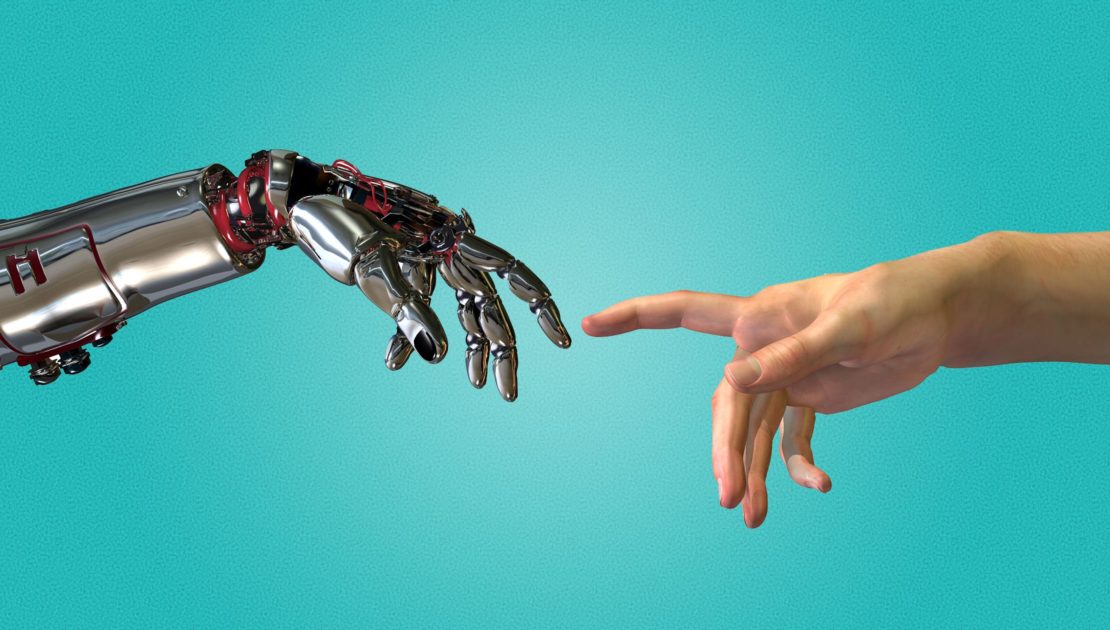We are surrounded by artificial intelligence (AI) and we may not even know it. The tasks which were once reserved for humans are now been taken over by machines. In this blog, we would glance as for how artificial intelligence would soon be that prominent transformative technology which would change human lives.
One of Britain’s pre-eminent scientists, Professor Stephen Hawking quoted to BBC – “The development of full artificial intelligence could spell the end of the human race.” He said that the primitive forms of artificial intelligence developed till date has proved a boon but he fears the consequences of making something that can surpass or match human-beings.
Artificial intelligence revolution has unimaginable potential, to transform wide-ranging areas which were unimaginable earlier. In coming years AI would revolutionize every aspect of our life, including medicine. Tech giants like Google, IBM are strongly working towards patient data mining which proves that there is something in this field worth giving time. FDA Commissioner Scott Gottlieb during the Health Datapalooza conference in Washington, D.C. said: “AI holds enormous promise for the future of medicine”.
Healthcare sector would soon be taken over by artificial intelligence, for its betterment. This advanced technology would help medical professionals to research best design and methods to treat every patient. AI would improve the patient experience at large. The recent advisory report quoted, “Artificial intelligence works best when paired with humans.” The main objective is to use AI for creating competencies across the gamut which would not only support staff in their respective roles but would also free caregivers, clinicians and other staff so that they can focus more on much required value-added activities.
According to one of the analyses conducted by Accenture, by 2021 the growth in the AI health market is expected to reach $6.6 billion—that’s a compound annual growth rate of 40 percent. In just coming five years the health AI market will grow more than 10×2.



